Music is a thing you can hold in your hands
Oct 3, 2025
by Mel Thomas
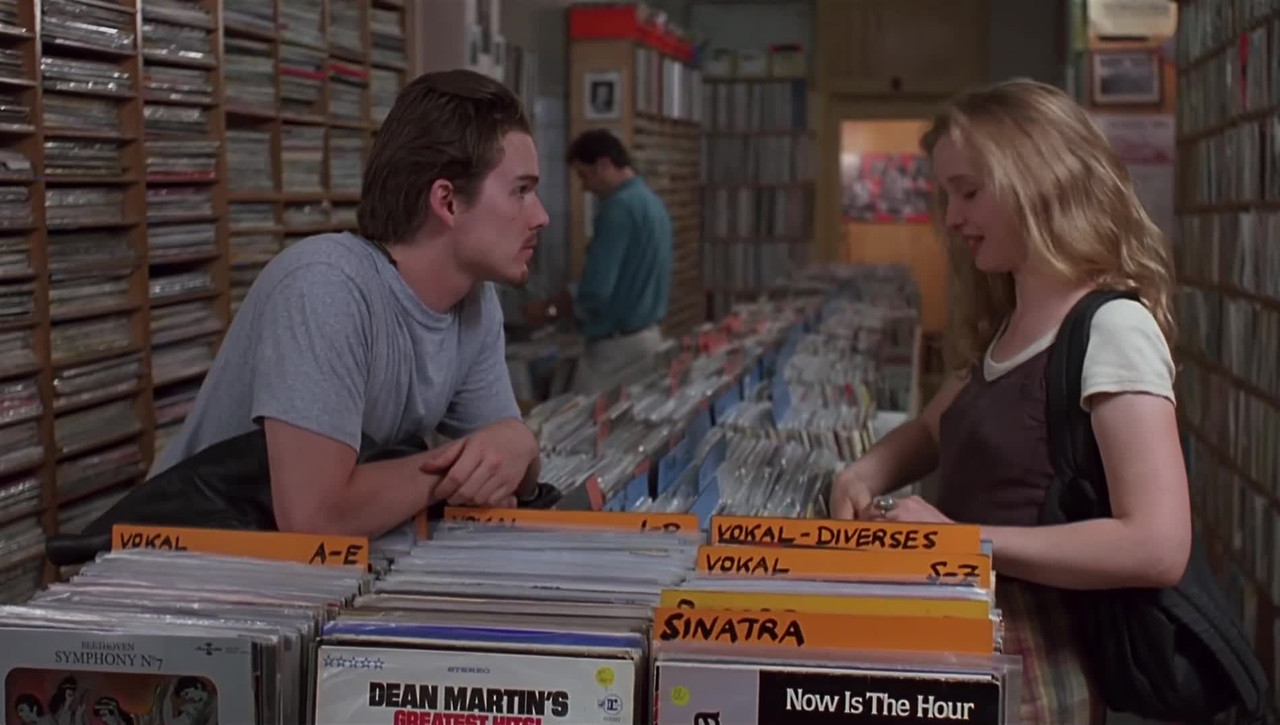
Music used to be a thing we did together. To hear music, we had to make it, and what we made was sacred. Then music became a place. Operas, symphonies, concerts. Then music came into our homes. Phonographs, radios, home stereo systems. Then those systems shrank down to fit in our pockets.
My parents gave me a Sony Walkman for my 9th birthday. As I liberated it from its hard plastic packaging, my mom solemnly explained its rules of use. I wasn’t allowed to listen to it at school, at church, or at the dinner table. I don’t remember chafing against these constraints. Instead, I found that they created opportunities.
As the ‘90s gave way the ‘00s, I swapped out my Walkman for its less ergonomic younger brother, the Discman.
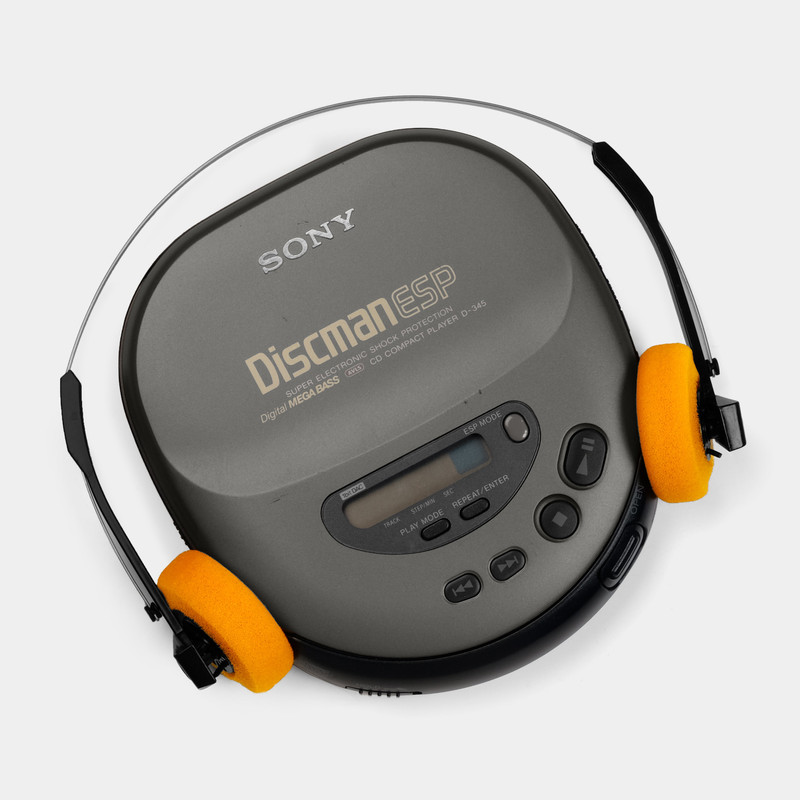
By that time, I was old enough to hang out at the mall unsupervised. My mom would drop me off in front of FYE on Friday evenings, equipped with the handwritten list that would serve as my guide.
The list was an ongoing labor of love. Throughout the week I’d jot down the names of bands that VH1’s talking heads lauded as important or influential (The Clash, Nirvana, Radiohead) as well as bands that my friends featured on their Xanga sites (Bright Eyes, The Yeah Yeah Yeahs, Neutral Milk Hotel). Armed with my list and working in alphabetical order, I’d flick through each row of CDs, plastic anti-theft devices clacking together as I assembled a stack of candidates.
At the listening kiosk I’d work through each 30-second track sample, twirling the coiled headphone cord as I listened. I’d stand there until closing time, whittling my selection pool down to a singular winner, which I’d purchase with my $20 allowance.
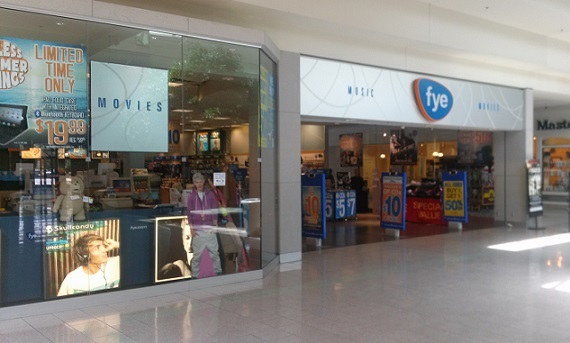
At home later that night, I’d sit cross-legged on my bedroom floor, new CD whirring in my Discman as I pored over the liner notes. The CD was no longer just the music it contained, but a sigil of my own creation. It was a totem. It was the artifact of the curatorial decisions of a 14-year-old suburban oddball, at once mass-produced and utterly unique to me. It was magic.
Even at the time, I sensed I was standing on shifting sands. When I was 14 in 2004, MP3 players had already found a foothold, and by 2007 my friends had started selling off their CDs for extra cash. In 2009 I followed suit, offloading my entire collection for a cool $150 at Coconuts in Evansville, Indiana. CDs continued to drop precipitously in value throughout the 2010s, and for a long time, it felt like I’d gotten a good deal.
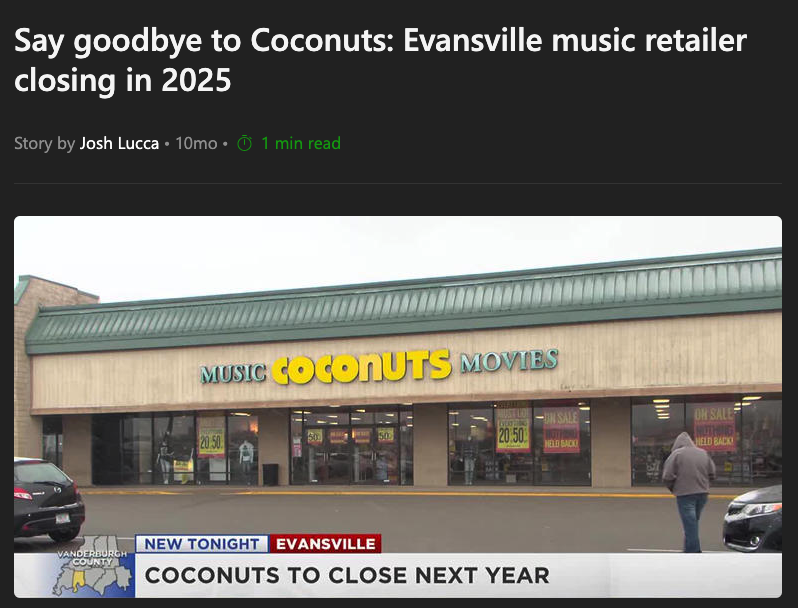
But something is changing. The denizens of the tech-critical internet are calling for, among other things, a return to physical media. I like that idea. I’m charmed by the thought of a scruffy 19-year-old discovering a Matchbox Twenty CD at the bottom of a Goodwill bin. But it's not enough to cancel your Spotify subscription and buy used Y2K-era CDs by the binful. I came of age in the '00s, after all. I vividly remember that specific flavor of virulence, which is why I’m skeptical of nostalgia for it cloaked as progress. As we build the future, we can look back, but we have a responsibility to look forward too.
I think we’re on the right track, though—indulging the desire to sift through the bins, to shepherd our own collections, to hold magic in our hands.
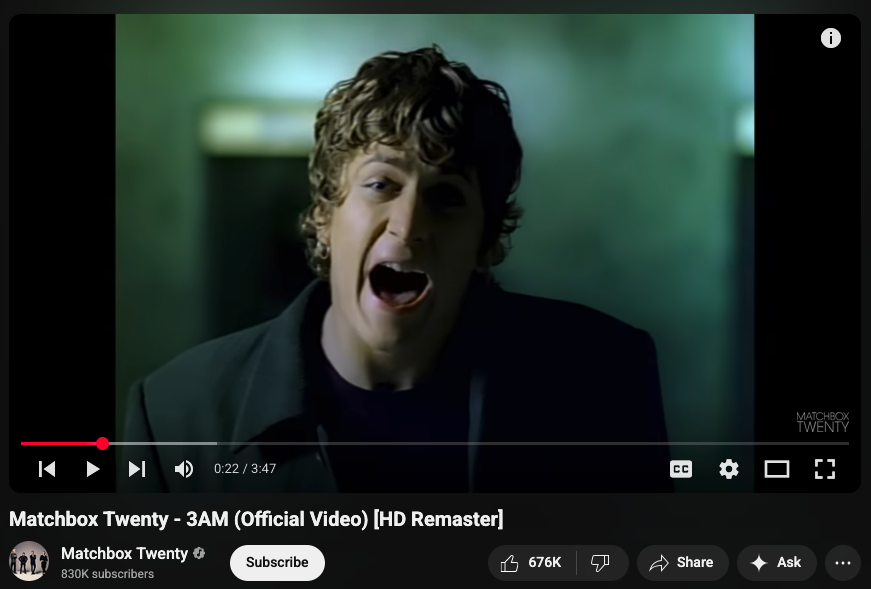
Updates
- Speaking of nostalgia, I recently made a short video about Walmart-in-2002 AI slop.
- Pagemelt.zone remains my pride and joy. I’m always tinkering with it, trying to strike the right balance between quirky and accessible. I’ve recently added a Treasure Box page, which I'm already in the process of redesigning. So it goes.
- I just released a new Patreon-exclusive video — "the purpose of a system is what it does”. In it, I talk about bribing kids to read and whether or not AI can be art, among other things. If you like my work, consider supporting me for $3/month so I can make even more of it.
- I'll be cross-posting a version of this post on my Substack, but this is the canonical version.